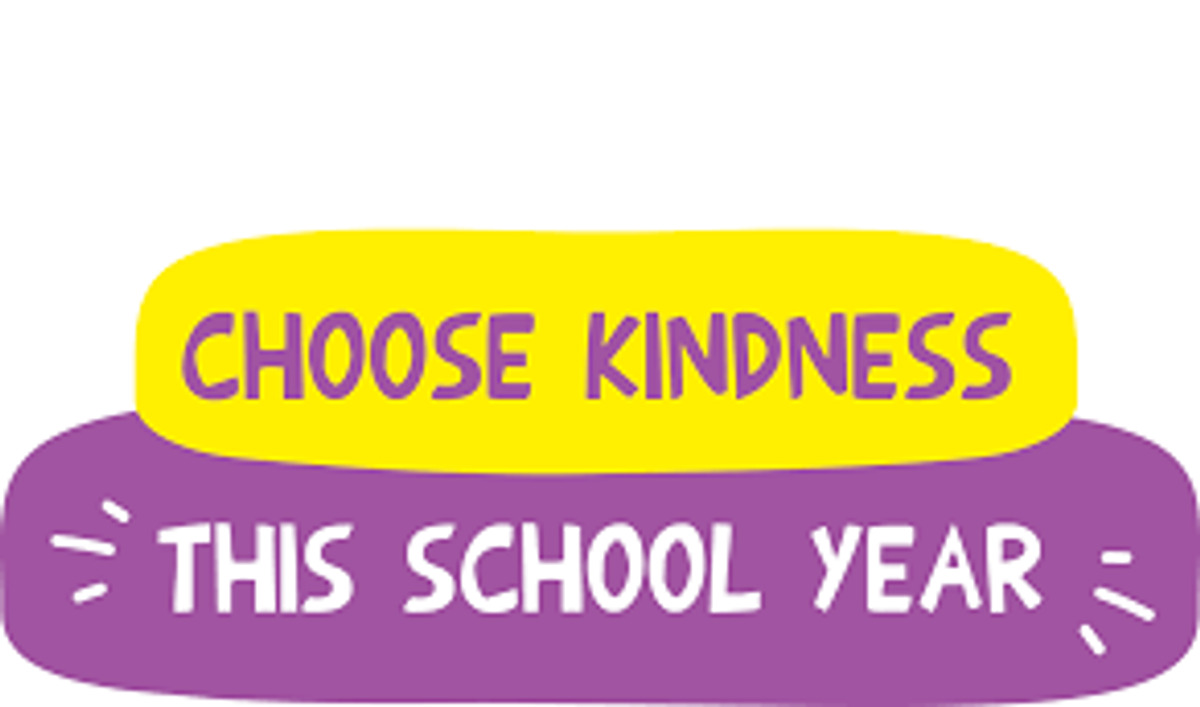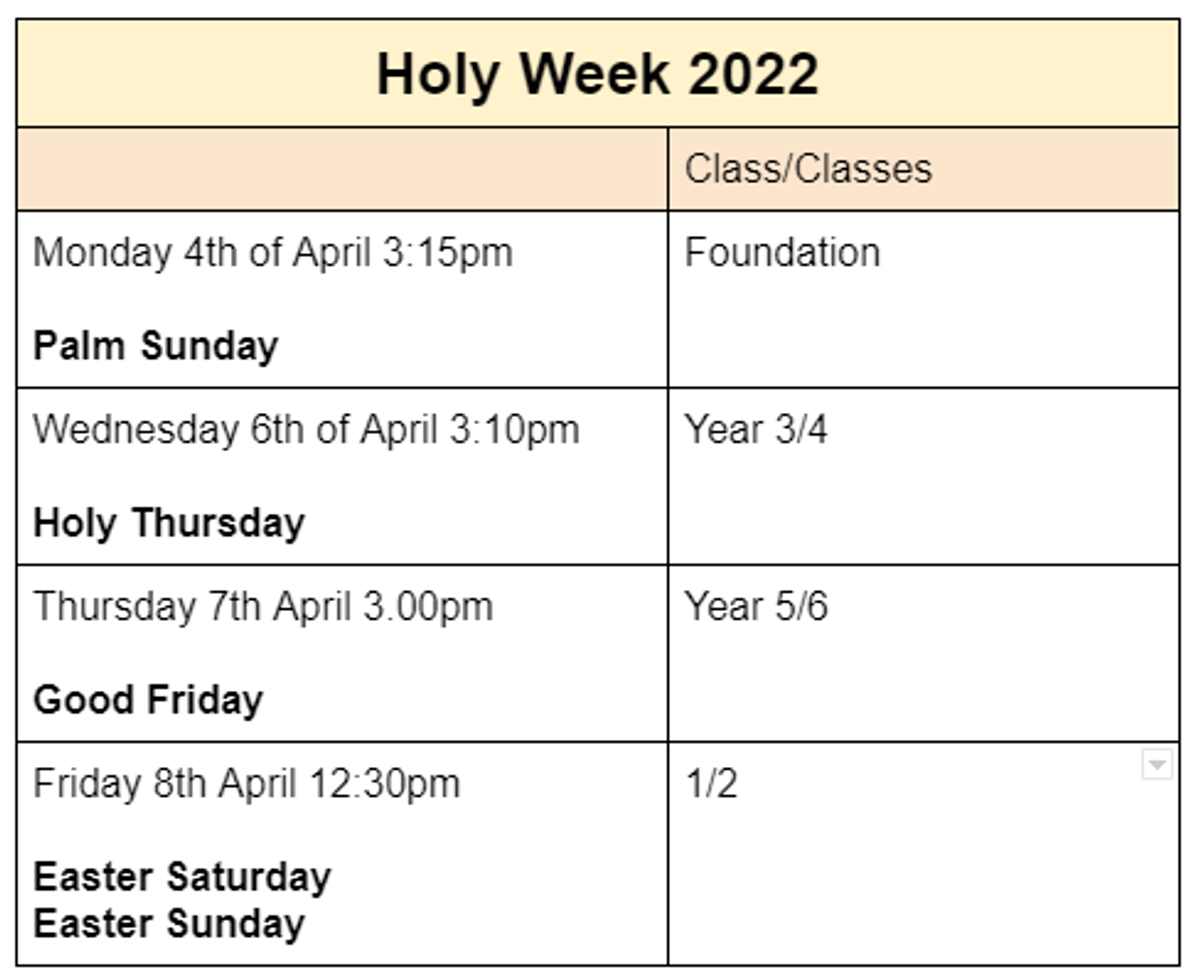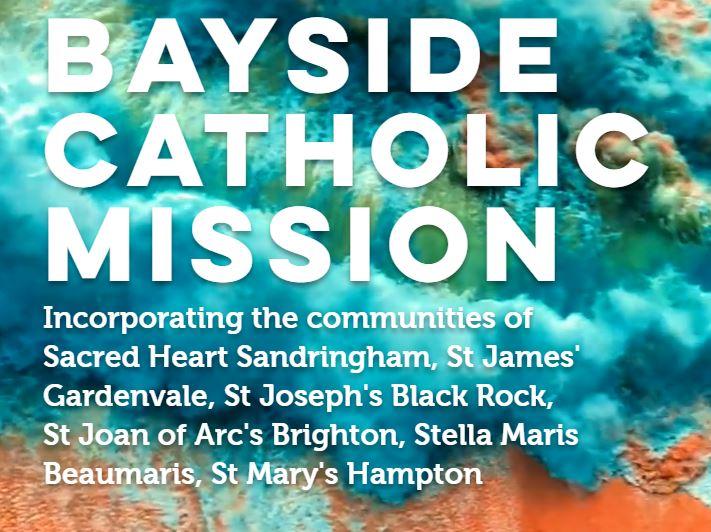Faith & Wellbeing

WELLBEING
Choose Kindness-National Day of Action Against Bullying
This year to celebrate the National Day of Action Against Bullying St James is focussing on the theme of “Choose Kindness” today all students were a part of a number of classroom activities and a whole school activity to enhance their understanding of how we can “choose kindness”.
All students have received a rainbow keyring and have added their name and fingerprint to the “choose kindness” wall as well as taken a pledge to be kind. Ask your children what they included in their pledge to be kind?
This term our new “Student Wellbeing and Behaviour Policy” at St James has been created. This purpose of the policy is to:
- reflect the school community's shared expectations in relation to student wellbeing, engagement, attendance and behaviour. This Policy sets out the clear processes to be followed in order to support students' behavioural, educational and emotional engagement.
This Policy provides an overview of how St James Catholic Primary School will:
- promote student wellbeing
- promote positive behaviour in the school community
- seek to prevent behavioural issues
- respond to challenging student behaviour occurring at school, at a school activity away from the school grounds or while travelling to or from school or a school activity.
The Policy will be available on our website soon.
Many factors can affect our students' wellbeing and behaviour. The last two years have thrown up challenges in life that many of us could not predict would ever occur and are therefore dealing with behaviours and wellbeing issues that we never thought we would have to. Please see the information below which may assist you in recognising when there may be an issue and what you can do to support your child.
Signs to look out for
Parents can often tell when something is not quite right – they may notice the way their young person expresses themselves is different, or other changes in their behaviour.
Here are some common signs that might suggest your young person is in need of further support. These include new, noticeable and persistent changes lasting at least a few weeks, such as:
- withdrawing from or not enjoying things they usually do
- changes in appetite or sleeping patterns
- isolating themselves and spending more time alone than normal
- being easily irritated or angry for no apparent reason
- declining performance in school, TAFE, university or work
- loss of energy
- experiencing difficulties with their concentration
- involving themselves in or an increase in risky behaviour, like using alcohol or other drugs
- being unusually stressed, worried, down or crying for no reason
- expressing negative, distressing, bizarre or unusual thoughts.
How to help your young person
Families can provide vital support for young people when they are having a tough time.
Reach out to your young person at a time when everyone seems calm to:
- talk openly and honestly
- let them know you’re concerned and ask what they need from you
- show empathy and try to understand their perspective
- avoid judgement and reassure them you’re there for them
- take their feelings seriously – don’t tell them to ‘calm down’ or ‘get over it’
- encourage them to talk about what’s happening in their life and remind them that talking about a problem can help
- spend time together and take an interest in their activities
- discuss their strengths with them and give positive feedback
- listen to their concerns – listen openly and attentively
- check in often with your young person.
Encourage activities that promote good mental health
Tips that promote good mental health include:
- connecting with people
- staying active
- eating well
- cutting back on alcohol and other drugs
- getting into life
- getting enough sleep
- learning new coping skills.
Offer support
Let your young person know there is lots of help available:
- professional support is available for both you and your young person. Help find an appropriate service, such as a headspace centre or eheadspace and support them to engage
- ask direct questions if you’re concerned about suicide. It’s OK to ask directly. Research shows that talking about suicide will not make someone carry out the behaviour. You might choose to be specific about what you have seen that’s causing you concern.
Take Care
Mrs Georgia McNamara
Students Wellbeing Leader
RELIGIOUS EDUCATION
SACRAMENT OF RECONCILIATION
Thank you to all the Families for their patience in confirming the date for the Sacrament of Reconciliation.
The new date for the sacrament will be Wednesday 30th of March at 11:45am. If you have any further questions please contact your classroom teacher.
SECONDARY ENROLMENTS
If there are any parents that require dates or a letter confirming sacraments, please email eherbert@stjamesbrighton.catholic.edu.au and I will be able to provide that information for you.
IMPORTANT DATES
March
Sacrament of Reconciliation - Wednesday 30th at 11:45am
April
Holy Week Liturgies
For Parish Newsletters, please refer to the new Parish Website
https://www.baysidecatholicmission.org/
Emma Herbert
RE Leader / STEM & Sustainability Leader
eherbert@stjamesbrighton.catholic.edu.au





